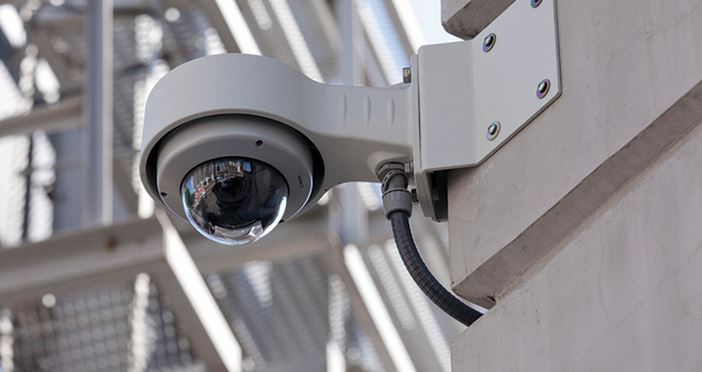In a world where security concerns continue to rise, implementing a robust and reliable commercial security system has become imperative for every business owner. However, the question that often arises is, “How much does a commercial security system truly cost?” While determining an exact price is challenging due to the unique requirements of each business, it is crucial to delve into the various factors that influence the cost. In this blog, we will focus on unraveling these aspects to gain a deeper understanding of the value a commercial security system provides in protecting your business, assets, and employees.
Assessing Your Unique Security Needs
The first step in determining the cost of a commercial security system is assessing your specific security needs. Every business is unique, and a one-size-fits-all approach won’t suffice. Begin by comprehensively evaluating your premises to identify vulnerable areas and potential risks. Are you looking to prevent theft, monitor employee activities, or protect sensitive data? Are you concerned about unauthorized access, fire hazards, or both? By understanding your specific requirements, you can tailor a security system that effectively addresses these concerns.
Exploring Essential Security Components
The cost of a commercial security system is influenced by your chosen security components. Let’s delve into these essential features and their potential costs:
a. Surveillance Cameras: Surveillance cameras act as a visible deterrent and provide crucial visual evidence in case of incidents. The cost of these cameras varies based on their type and features. Basic analog cameras can range from $100 to $500 each, while high-definition IP cameras can cost between $200 and $1,000 or more, depending on resolution, night vision capabilities, and remote access features.
b. Access Control Systems: Access control systems restrict entry to authorized personnel through keycards, biometric scanners, or PIN codes. The cost depends on factors such as the complexity of the system and the number of access points. Basic systems may start at around $1,000, while more advanced solutions with additional features like visitor management and integration capabilities can cost several thousand dollars.
c. Alarms and Sensors: Intrusion detection alarms and sensors are critical in alerting authorities and employees to unauthorized access. Costs vary based on the sophistication and coverage of the system. Basic alarm systems can start at $100, while comprehensive systems covering multiple zones and incorporating advanced features such as motion detection, glass break sensors, and environmental monitoring can cost several thousand dollars.
Installation and Integration
Professional installation is crucial to ensure your security system’s proper functioning and effectiveness. The system’s complexity, the number of components, and the size of your premises can all impact installation costs. It is advisable to work with experienced security system installation companies who can design and configure the system to maximize its efficiency and coverage. Additionally, integration with existing infrastructure, such as computer networks or other security systems, may incur additional costs.
Monitoring and Maintenance
Choosing professional monitoring services adds an extra layer of protection to your business. The cost of monitoring depends on the level of service and the size of your business. Basic monitoring services can start at around $20 per month, while comprehensive 24/7 monitoring, where a dedicated team watches over your premises and responds to security breaches promptly, can cost upwards of $100 per month.
Regular maintenance is essential to keep your security system in optimal condition. Budget for annual maintenance costs, including equipment inspection, software updates, and repairs. Many security companies offer service agreements or warranties that can help mitigate maintenance expenses.
Scalability and Future Expansion
When considering the cost of a commercial security system, it’s crucial to factor in scalability and future expansion. As your business grows or evolves, your security needs may change. For instance, if you plan to expand your premises or add new access points, ensure your security system can accommodate these changes without significant reconfiguration or additional costs.
Additionally, consider the long-term vision for your business. Will you require more advanced features or technologies as your operations expand? It’s important to discuss your growth plans with your security system provider to determine if the system can support future upgrades or if any additional infrastructure is necessary.
Conclusion
Investing in a commercial security system is an essential step toward safeguarding your business. While the cost may vary depending on your unique needs, the specific security components chosen, installation requirements, and ongoing monitoring and maintenance, the value it provides is immeasurable. By carefully assessing your requirements, working with experienced professionals, and considering long-term benefits and capabilities for future expansion, you can create a comprehensive security system that fits your budget and provides you with peace of mind. Remember, the safety and security of your business are investments in its long-term success and resilience. Prioritize security today, and protect what matters most.
Follow Techdee for more!





